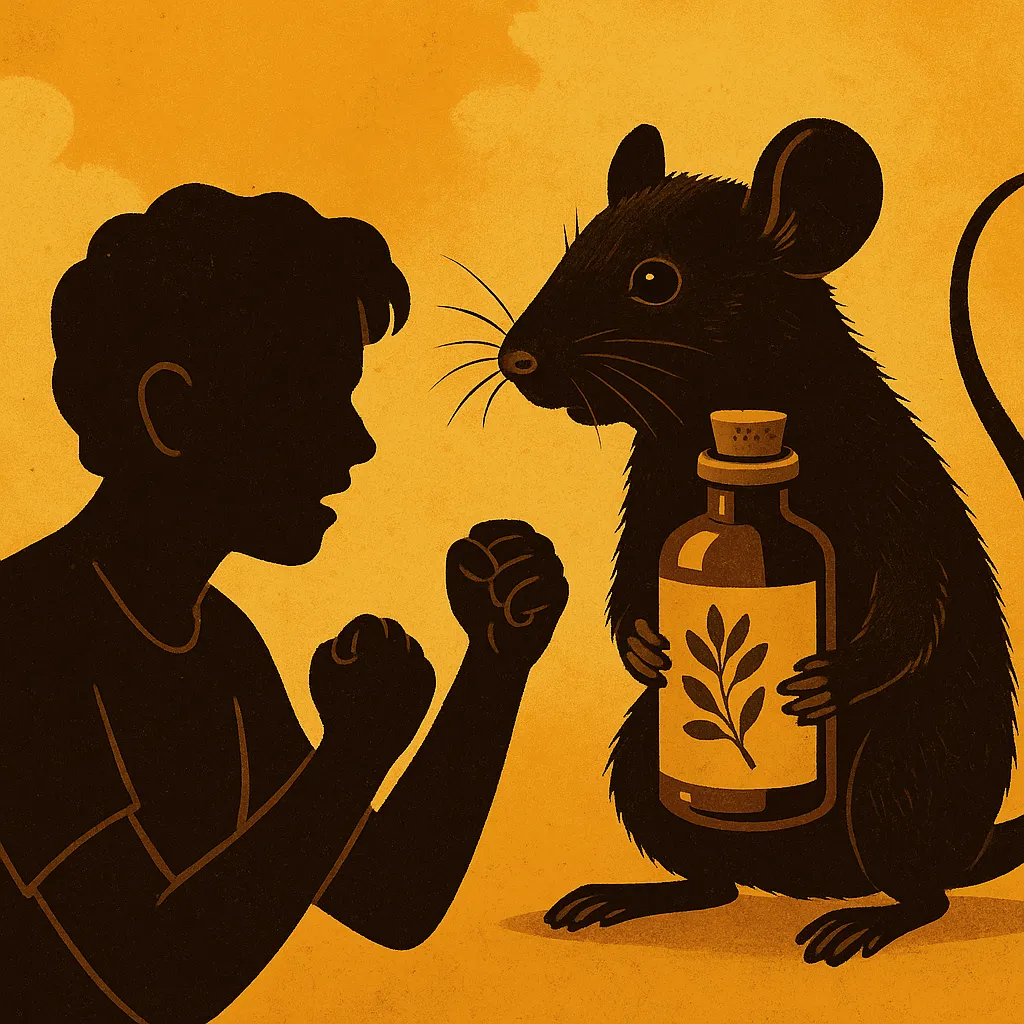Kamikihito and the Mouse Model Myth: Autism Research That Harms in Herbal Wrapping
 The study in question—"Kamikihito ameliorates social recognition in oxytocin gene deficient mice and environmentally induced autism spectrum disorder model mice"—was published in Journal of Ethnopharmacology in 2025. It claims that a traditional Japanese herbal remedy (KKT) improves "social recognition" in mice modeled to represent autistic traits.
The study in question—"Kamikihito ameliorates social recognition in oxytocin gene deficient mice and environmentally induced autism spectrum disorder model mice"—was published in Journal of Ethnopharmacology in 2025. It claims that a traditional Japanese herbal remedy (KKT) improves "social recognition" in mice modeled to represent autistic traits.
Sounds benign. Even promising. Until you read the methods. Until you ask: Promising for whom?
Mice Are Not Autistic People
This study does what so many in biomedicine still do: substitute behavior in lab mice for the lived experience of autistic people. A genetically modified rodent that doesn’t sniff its peers enough becomes a proxy for an autistic person. And when it does sniff after ingesting KKT? Success! Cure! Publish!
But autistic people are not mice. We are not defective oxytocin receptors. And our differences in social behavior are not failures to be fixed—they are divergences to be understood.
The Problem With "Amelioration"
Framing this intervention as something that "ameliorates" autism-like traits presumes a defect model from the outset. The goal is not communication, mutuality or understanding. The goal is normalization. And in the absence of actual autistic subjects, the normalization is applied to proxies designed for pathologization.
In short: this is science in a behavioral straightjacket.
Culture as Cloak
Invoking traditional Japanese medicine does not absolve the research from ethical scrutiny. The cultural context matters — but here it is used not to deepen meaning, but to shield the study from critique. There’s a dangerous allure in the phrase "ethnopharmacological relevance." It signals ancient wisdom while hiding contemporary harm.
No Narrative, No Consent
Nowhere in this research is there a nod to narrative sovereignty. There are no autistic voices. No reflection on what social recognition means from an autistic perspective. Just mice, herbs and a goal: make them act more normal.
This is not benign. This is not neutral. It is bioreductionism with a placebo buzz.
AAB’s Verdict: Deeply Dangerous
This study does not advance autistic well-being. It entrenches the idea that autism is a deficit to be ameliorated through biological intervention — in this case, with a traditional herbal compound that may someday be marketed as a supplement for social behavior. There is no co-design. No ethical analysis. No critique of the frame.
And that frame is violence.
What We Demand
*Stop reducing autism to behavior in genetically altered mice
*Stop claiming "social deficits" without defining whose standards they violate
*Stop hiding cure-seeking in cultural packaging
*Start including autistic people in autism research — at the table, not in the cage
This isn’t just about bad science. It’s about reclaiming the narrative from researchers who still mistake conformity for care. And whose vision of "amelioration" leaves our actual lives out of the picture entirely.